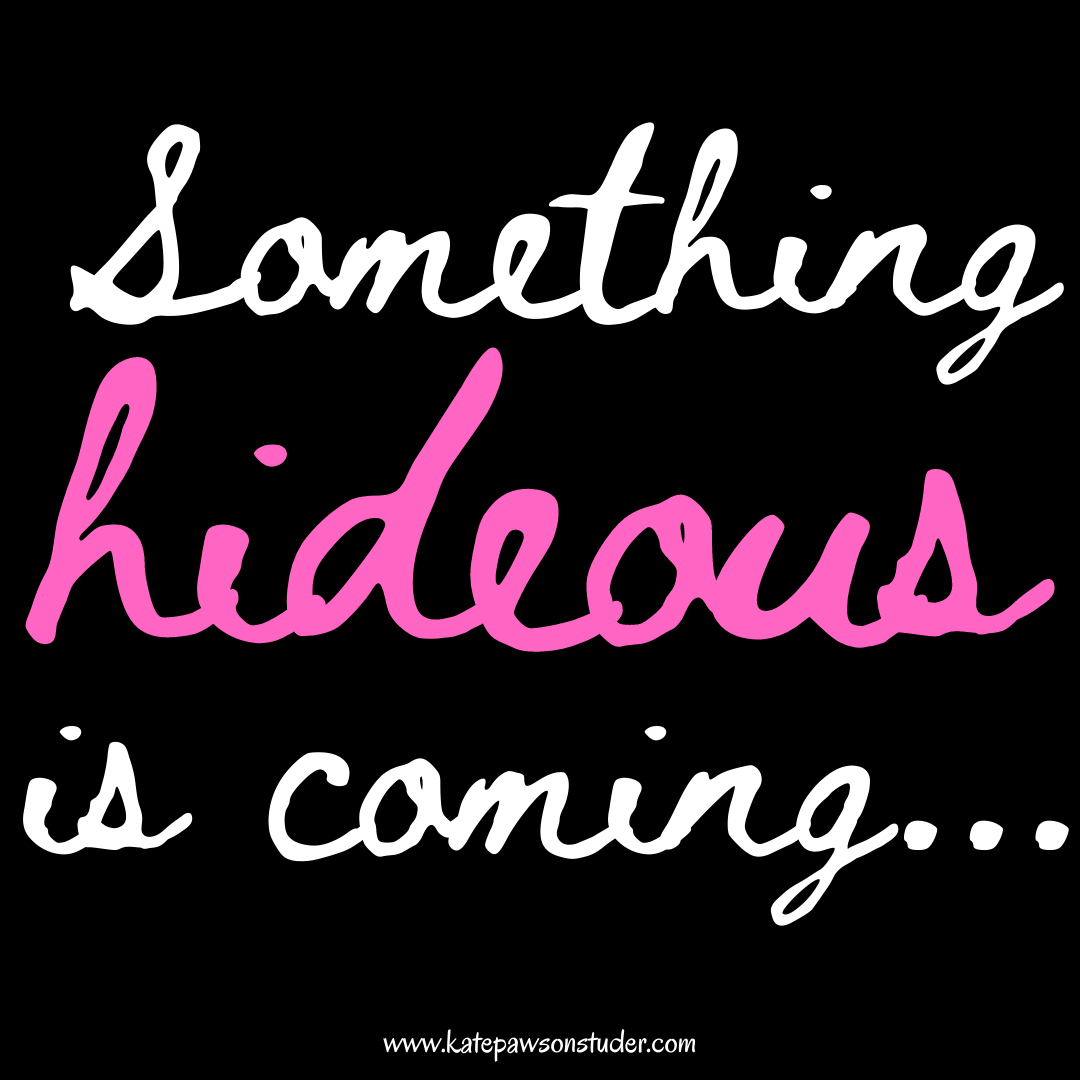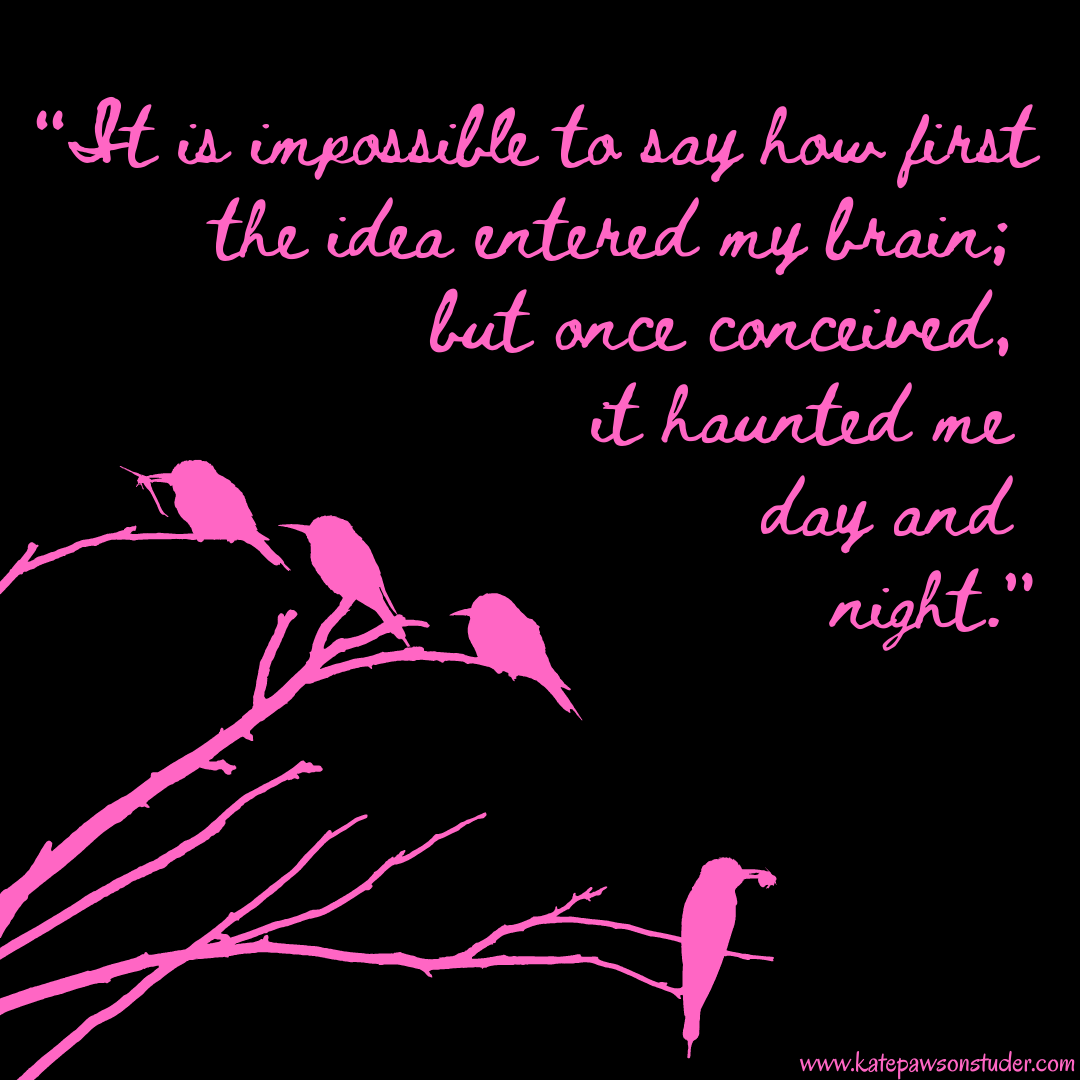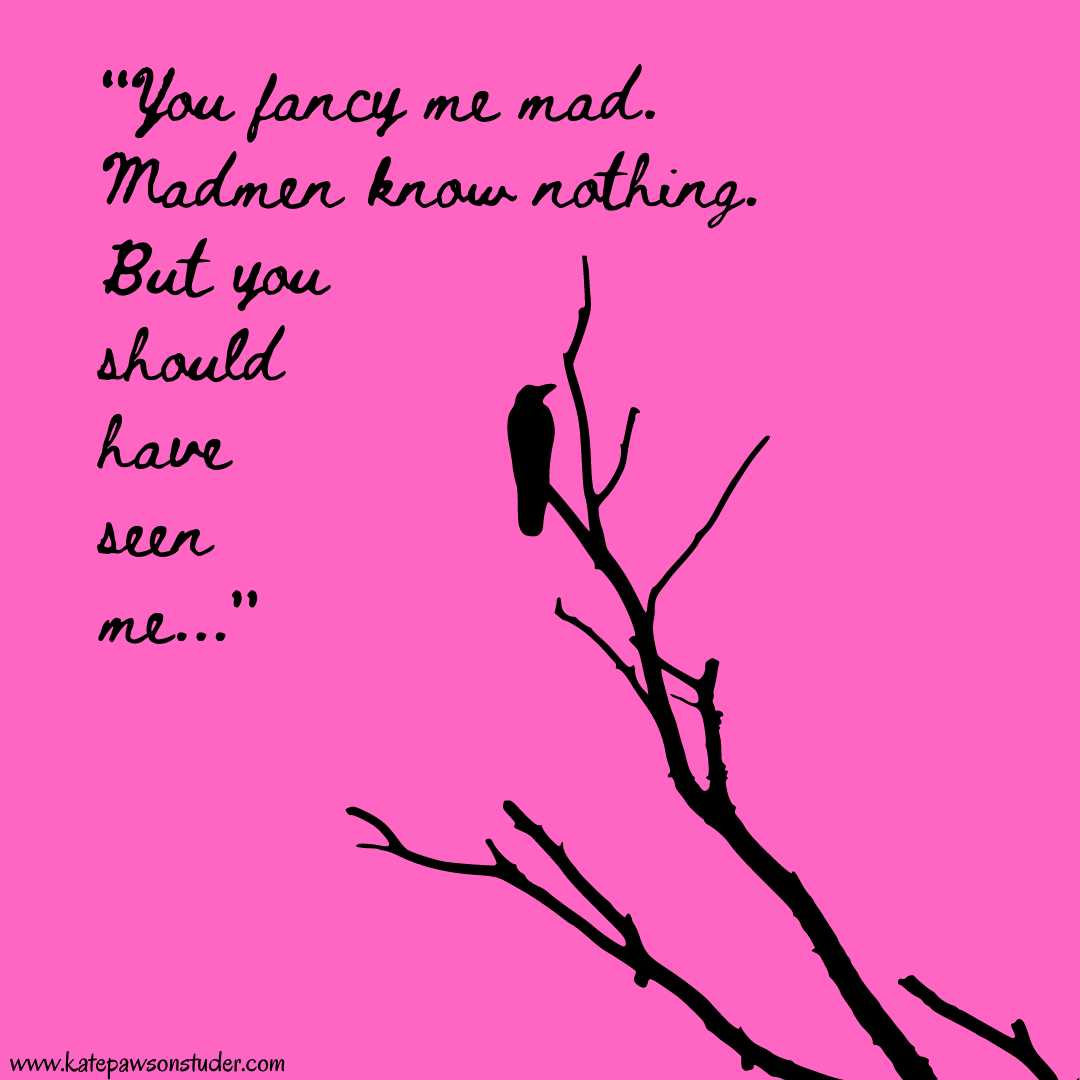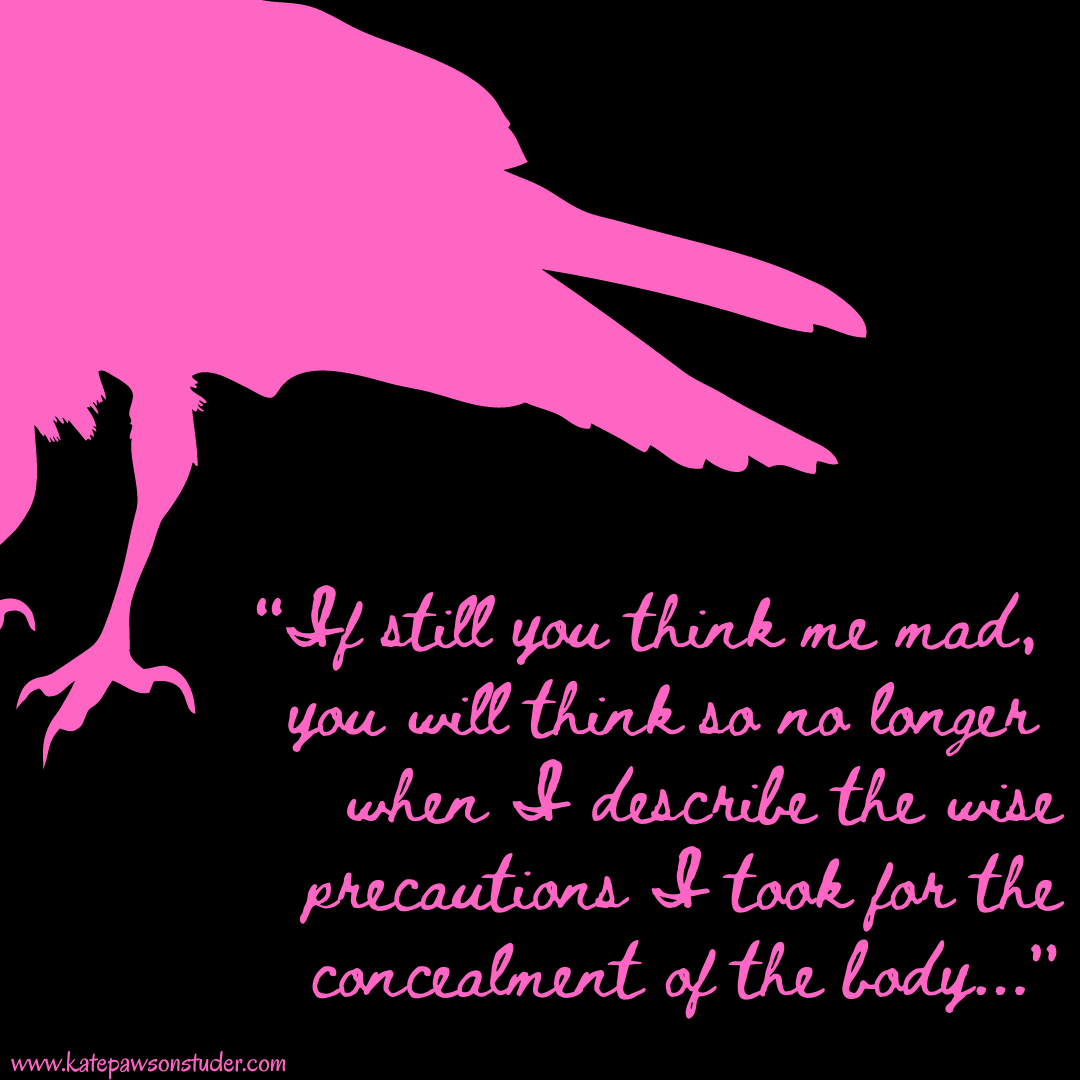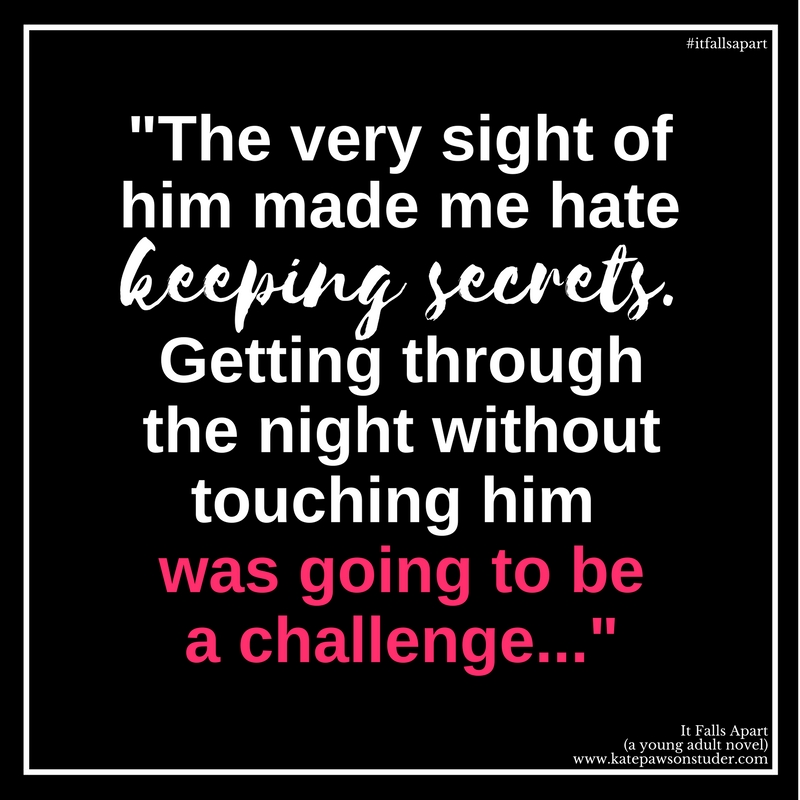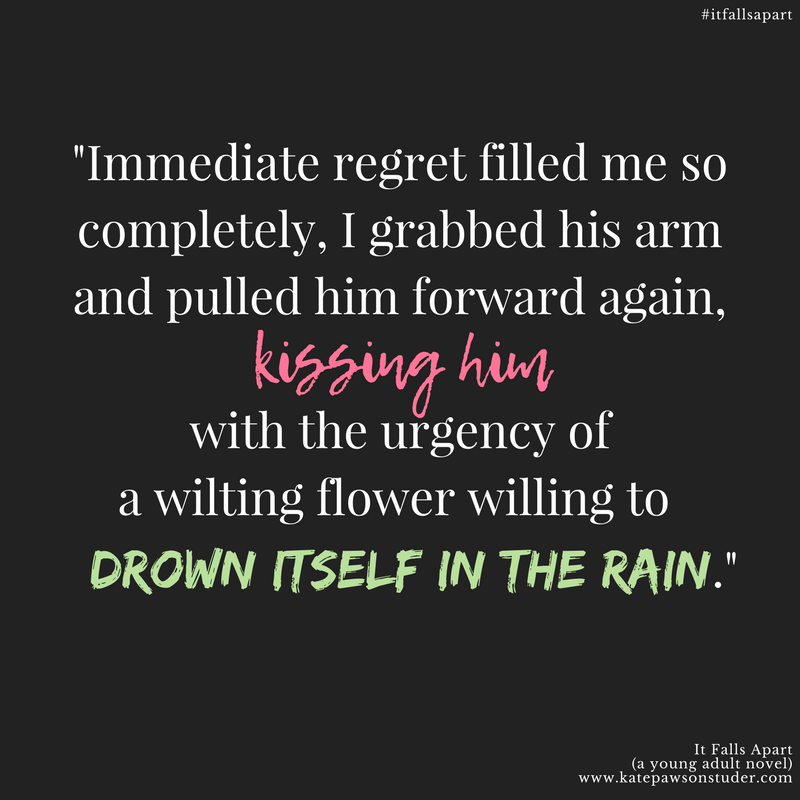the writer's arsenal: making and missing the mark
/A writer's life is full of goals--daily word count, first draft deadline, books written in a year, hopes for getting published... Some of these goals are moving targets. You can aim for them, but you won't always hit them. Writing plans get derailed. Outlined books don't get written. In publishing, it's usually the biggest goals that are hardest to hit--but that's also what makes them the most rewarding when you do.
Back when I first started writing with the aim of being published, I had a certain set of goals in mind. My writing schedule was usually dictated by the time and energy leftover from my day job, but I still tried to stay on track. I had to. Writing goals helped me finish my first, then second book. Then when my first maternity leave came along, I set a more concrete goal for myself--I want to find an agent before I went back to work. And with a few months to spare, I met that goal. And there was much celebrating. But a much longer-standing goal still remained--it was an arbitrary one, mind you, but at some point I'd made it--and with an awesome agent to work with, it felt more possible than ever. That goal was to be published (or at least sign a book deal) by the time I turned 35.
Well, here I am, with just over two months to go before I turn 35, and while I'm closer than many aspiring authors can claim to be, I don't have a book deal, and I'm certainly not published.
Could it still happen?
Possibly.
But not probably.
Summer is usually pretty slow in publishing. The industry takes time to breathe. Maybe I'm being overly protective of myself, but it feels like the right time to start accepting that particular goal is unlikely to be met. There's definitely a sadness that goes along with failing to reach a goal (even a relatively arbitrary one), but the important thing to remember is that it doesn't have to mean the door is now closed. Yeah, okay, the "under 35" door is closing, but the "after 35" door is wide open and I have no reason to not want to walk through it instead.
Goals are important because they keep us focussed. Keep us hoping and wanting. Goals have helped me write five books, with one more in progress, and enough ideas to keep me moving for years to come. But not every one has to be met. It's okay if the goal's only accomplishment was keeping me motivated. And it's okay if I have to reset the clock. Because failing to meet a goal doesn't have to mean the end; sometimes it just means I have a reason to set a new one.
I haven't hit the bullseye yet, I sure as hell plan to keep throwing darts.
Photo credit; ABC






